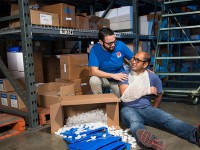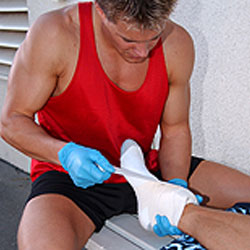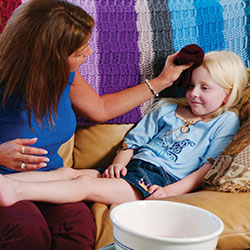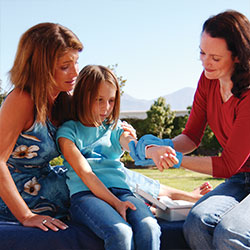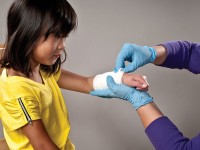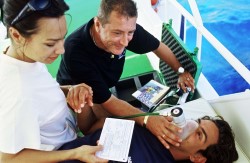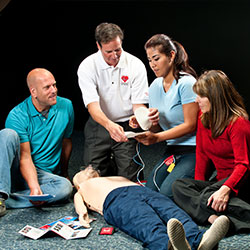First Aid Training
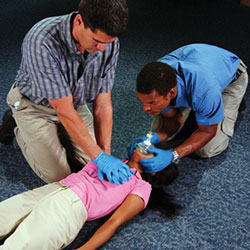
The Emergency First Response courses offer a flexible delivery method to meet your individual requirements. Participants master required skills and knowledge through a combination of independent study, instructor-led skill development and scenario practice sessions. Instructors can also add relevant information to meet specific workplace or local training requirements.
With today’s fast-paced lifestyle, people find they not only enjoy studying on their own time, but tend to learn and remember more. Educational studies consistently show that independent study leads to better assimilation and retention of the information. The benefits of the Emergency First Response independent study learning method include:
Better participant preparation
Independent study accommodates individual learning styles and allows participants to learn at their own pace. This leads to better preparation before skill development, particularly when participants watch the video and see role-model skill demonstrations.
More effective use of time
Participants arrive prepared for hands-on training, which makes in-class time shorter to accommodate busy schedules. Independent study allows the instructor to focus on skill development and scenario practice during face-to-face time with participants.
Focused face-to-face time
Since independent study reduces the amount of time an instructor must spend covering general background knowledge, more time can be spent on skill development to meet specific workplace requirements. The face-to-face time is focused to fill in any knowledge gaps and to provide information relevant to local regulations.
Other Delivery Methods

Though Emergency First Response courses and materials lend themselves well to independent study and the classroom time savings benefits this brings, there are other teaching formats your instructor may use. In some cases, live delivery of the theory components (as well as the practical sessions) is preferable. You and your instructor will determine which method is best for you.


